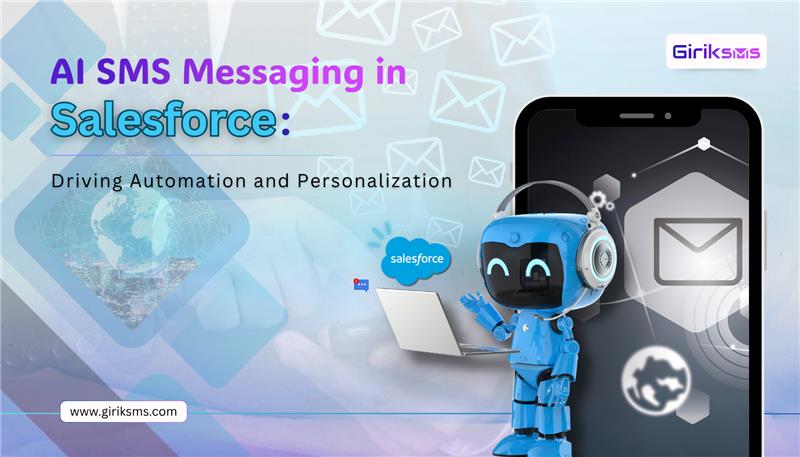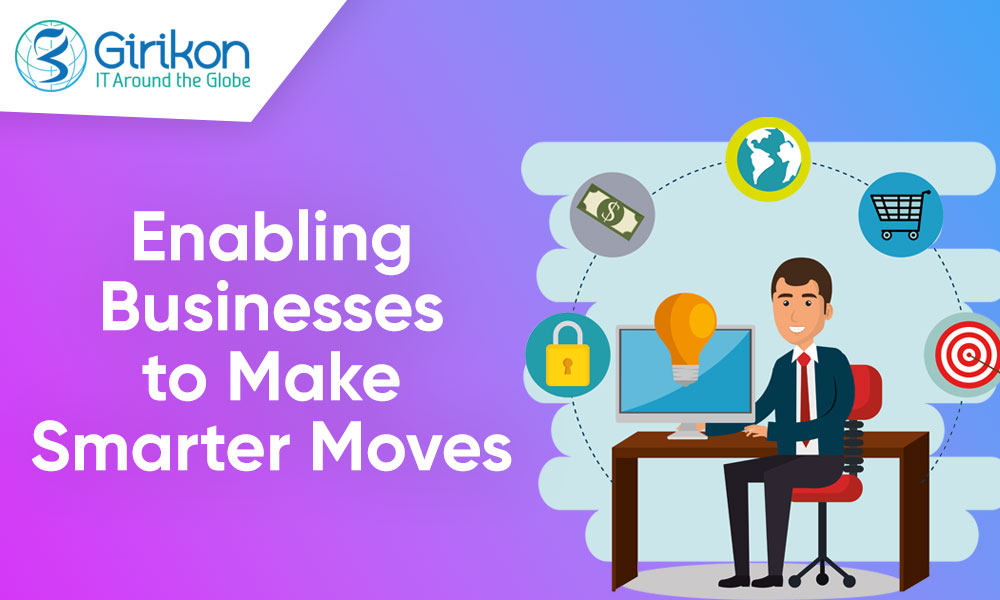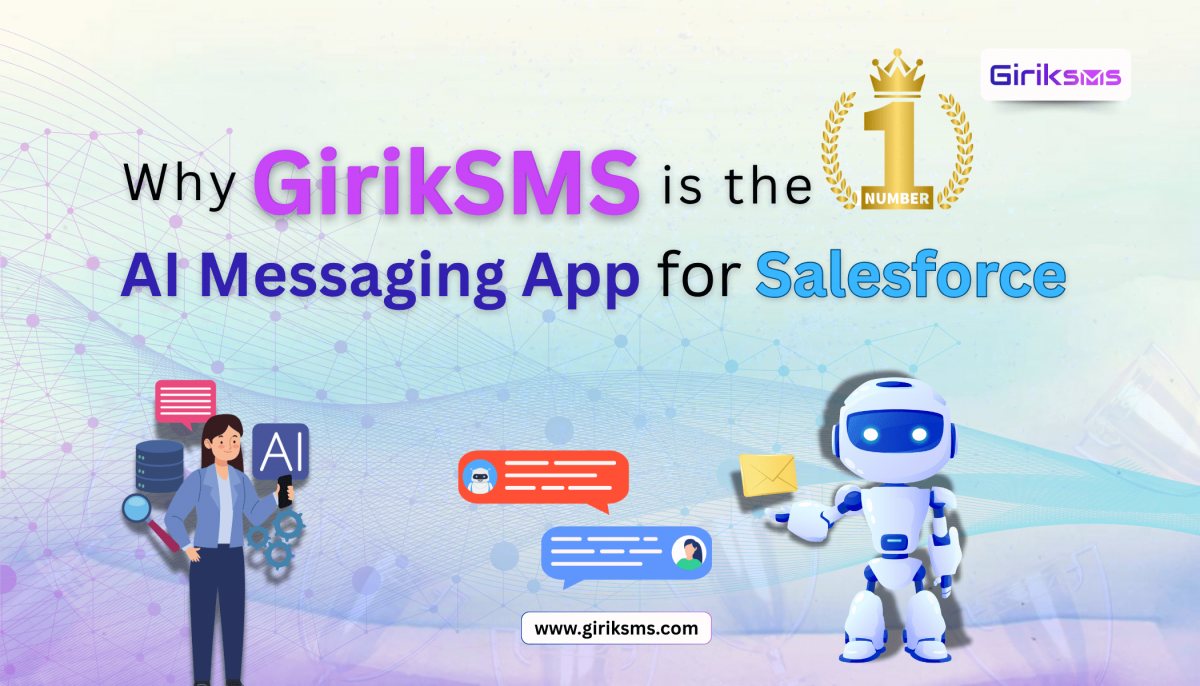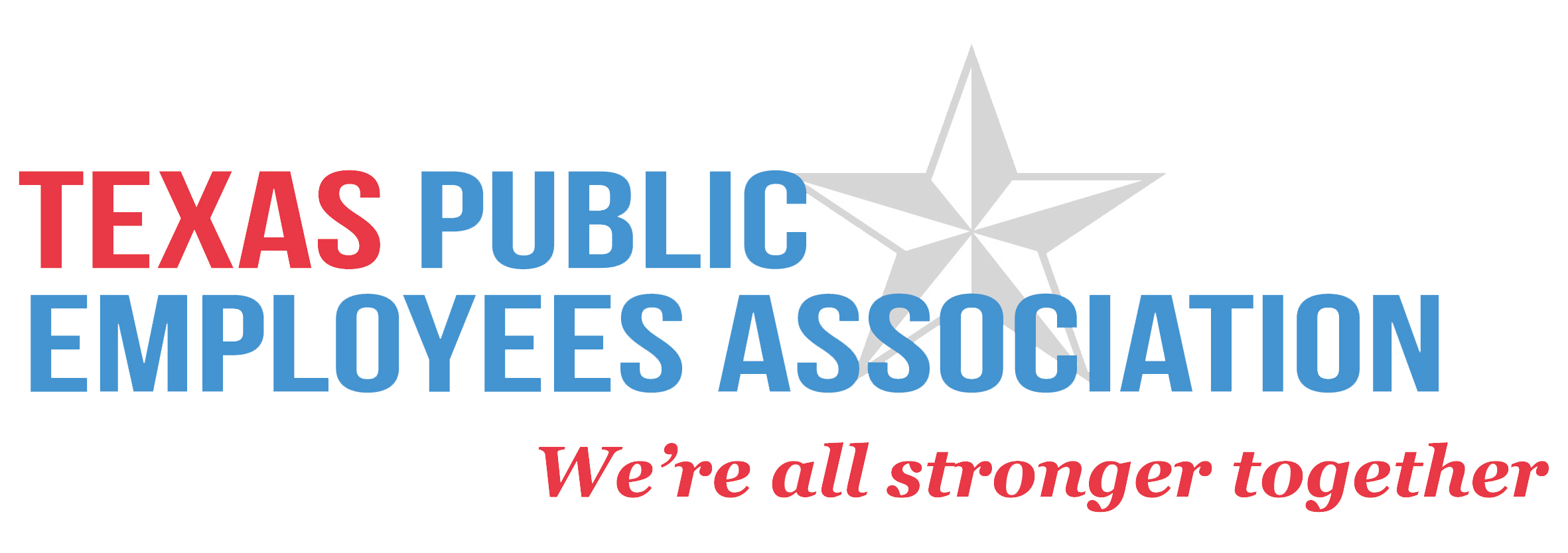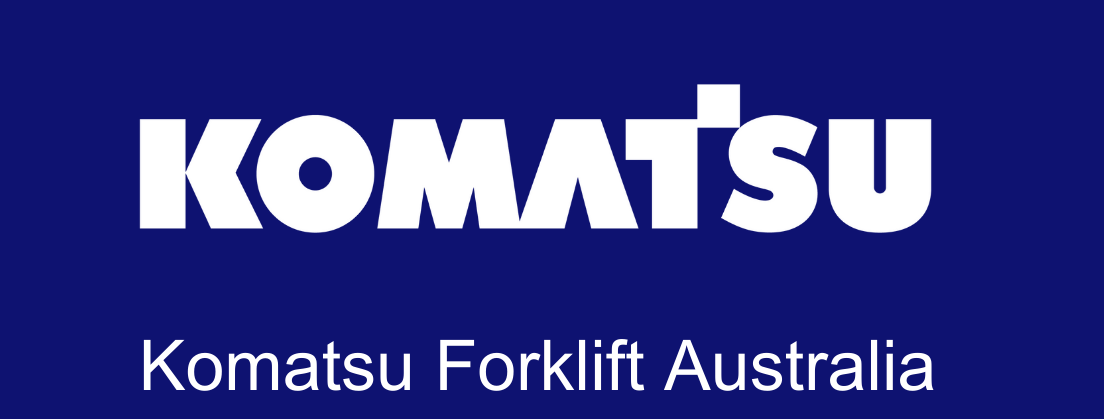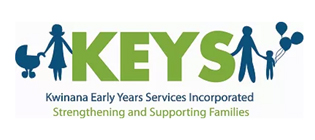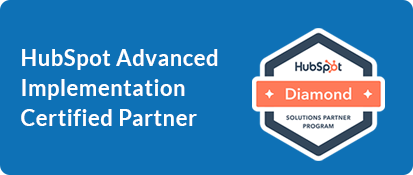Our Blogs
Table of content
- Salesforce AI Trends in Australia and the World- Lack of Awareness in Salesforce AI Innovation Opens Up New Growth Opportunities
- Three Pillars of Effective Salesforce AI
Salesforce innovation particularly in AI is transforming how companies manage customer contacts as artificial intelligence (AI) continues to upend sectors worldwide. Businesses can handle large amounts of data, derive actionable insights, and enhance customer relationship management with the use of various AI technologies, such as Salesforce Data Cloud and Einstein AI. Customers in Australia and other countries are quickly adopting Salesforce innovation in AI, but the key to making the solution work well for businesses is making efficient use of it.

Salesforce's latest innovations in AI are intended to help organizations grow and flourish, therefore companies should focus on data quality, increasing the confidence and capability of AI systems, and creating a culture of continuous upskilling. This article will address some of the most notable patterns in Salesforce AI success and go over how businesses can overcome obstacles to improve their AI performance in the CRM.
Salesforce AI Trends in Australia and the World
720 business leaders across 15 countries, including Australia, were surveyed about their experiences with AI-powered CRM in a 2024 Salesforce poll. The findings point to the necessity of a cohesive data strategy and greater confidence in AI by highlighting significant trends and gaps.
Key Metrics: Australia vs. Global Averages
|
Insight |
Australia |
Global |
|
A strong data strategy is crucial for AI and CRM success |
88% |
92% |
|
Have fully integrated a unified data strategy across our organization |
28% |
36% |
|
Trust is critical when selecting an AI vendor |
90% |
95% |
|
Employee engagement is vital for realizing the benefits of AI-powered CRM |
35% |
44% |
|
The biggest technical challenge with our CRM is managing complex data |
Data complexity |
Data quality |
|
Siloed data access across teams is an organizational challenge |
30% |
25% |
These results demonstrate that although companies understand the value of data and confidence in the success of AI, there are still gaps in employee preparedness and data integration.
Lack of Awareness in Salesforce AI Innovation Opens Up New Growth Opportunities
Taking everything into account, any further tasks ought to be managed inside a single Salesforce instance. There is a significant knowledge gap, particularly regarding how to integrate Salesforce and AI tools, despite their increasing use in businesses. Businesses understand the potential of AI and seize every opportunity to use it, but it appears that most of them struggle with its application in customer service.
Businesses in Australia are eager to use this technology to improve their marketing and sales operations by requesting forecasts from Salesforce and AI regarding customer behavior and trends. The absence of a robust AI deployment strategy is a significant obstacle in this regard. If they are unaware of the significance of these tools, there is a good chance that they may apply artificial intelligence in businesses carelessly, which could result in missed deadlines.
Businesses can embrace new opportunities for growth and ensure that Salesforce innovations in AI turn into a business transformation accelerator by filling in these awareness gaps. To propel growth, it is crucial to fully understand the wider potential of Salesforce innovations in AI across the platform, such as Sales Cloud, Service Cloud, and Marketing Cloud.
Three Pillars of Effective Salesforce AI
- Data Readiness
Artificial intelligence relies heavily on data, and in order for Salesforce AI to work as best it can, companies need to make sure that their data is accurate, well-organized, and easily accessible. Data readiness is the act of cleaning, standardizing, and organizing data so that machine learning algorithms can use it in the best possible way. It goes beyond simply gathering information. Investing in efficient data governance and readiness is crucial since low-quality data leads to incorrect conclusions, wastes valuable time and resources, and makes attempts to use AI systems ineffective.
Data readiness for Salesforce AI covers:
- Data Integration: To ensure that all relevant data is consolidated and harmonized, Salesforce AI tools such as the Data Cloud are made to combine various data sources. Integration aids in producing a cohesive picture of consumer behavior, regardless of the source of the data—marketing campaigns, sales records, or customer interactions.
- Data Cleansing: It's critical to make sure that data is devoid of errors, inconsistencies, and redundancies. For AI algorithms to produce insightful results, precise data is a prerequisite. AI-powered recommendations will be less useful and may be misleading if your Salesforce AI data contains inaccurate or out-of-date customer information.
- Real-Time Data Access: Businesses want access to real-time data to make quick decisions in the fast-paced digital environment of today. Salesforce AI thrives on current, dynamic data, which enables businesses to rapidly modify their customer service, sales, and marketing efforts. For instance, Australian businesses are utilizing Salesforce Marketing Cloud and Salesforce Data Cloud to drive real-time segmentation of customers, which allows them to send tailored marketing messages based on the most recent interactions.
Businesses can fully utilize Salesforce AI by making sure their data is ready, which will power deeper customer insights, decision-making, and better outcomes.
- Establish Trust in AI: Promoting Confidence in AI-Powered Insights
Everyone who uses AI in all of its facets, including customers and employees, must have confidence in the choices taken and the suggestions put forth if AI is to be incorporated as a useful tool for business growth. Accountability and transparency are the two most crucial factors that support trust in the application of AI. Salesforce AI still offers a number of helpful AI tools, like stereographic images and predictive analytics in the Einstein AI interface, which offer insightful information but may not explain how the predictions are made, which makes users wary of the insights produced by AI.
Developing confidence in AI requires a number of crucial elements:
- Transparency: Users need to understand how Salesforce AI makes its decisions. Algorithms underpin AI models, and confidence is increased when these models are openly explained. Businesses must understand why a customer is likely to leave, for example, if Einstein AI predicts that they will, whether it's because of a drop in engagement, a shift in purchasing patterns, or another reason. Transparency demystifies AI, making it less intimidating and more approachable.
- Ethical AI: Businesses must make sure that the Salesforce AI technologies they use adhere to ethical standards. This entails dealing with concerns including prejudice avoidance, decision-making equity, and data privacy. Users of Salesforce AI should feel secure knowing that the system complies with legal requirements and company values. Building trust with consumers, for example, requires making sure AI-driven CRM initiatives adhere to data protection regulations like GDPR.
- Explainability: AI must not only provide answers; users must also be able to comprehend the logic behind them. Increased adoption is made possible by explainable AI approaches, which assist users in understanding the reasoning behind forecasts or recommendations. Businesses in Australia that use Salesforce AI are making sure that staff members are trained to understand insights produced by AI. Increasing internal trust promotes an organizational culture that is more AI-driven.
Businesses can foster an atmosphere where Salesforce and AI are trusted tools for critical decision-making, ranging from marketing plans to customer relationship management, by emphasizing explainability, ethics, and transparency.
- Encourage Learning and Upskilling: Getting Teams Ready for AI Success
It takes more than just having the technology available to integrate AI into business; you also need people who will understand and be willing to act upon the insights gleaned from AI adoption. The use of AI in various company operations has grown in popularity, introducing new tools and processes, and decision-making techniques that internal staff members might not have been familiar with before.
The following factors make upskilling crucial:
- AI Literacy: For employees to use AI efficiently, they must understand how it operates. This entails being aware of AI's strengths and weaknesses, understanding how data enters AI models, and knowing how to evaluate the outcomes. Teams that are proficient in AI technology are essential for businesses utilizing Salesforce AI, such as those incorporating Einstein AI for marketing automation or customer service. Employees can comfortably browse AI-driven insights and recommendations thanks to this fluency.
- Adapting to AI-Powered Roles: AI is changing the way tasks are carried out; it's not just a tool. AI is becoming a crucial component of everyday operations, from marketing departments implementing tailored campaigns to sales teams utilizing AI-driven consumer insights. Upskilling initiatives should focus on assisting staff members in adjusting to these new AI-powered roles so they can optimize Salesforce AI's influence on their work processes.
- Continuous Learning: The workforce's abilities must advance along with AI technologies. Employee knowledge shouldn't be stagnant, just like AI. Keeping up with Salesforce AI advancements requires constant training and development. Formal AI certification programs, seminars, or group learning opportunities where teams solve AI-related problems together are a few examples.
Businesses can make sure that their teams are ready to successfully deploy Salesforce AI by investing in training and upskilling.
Conclusion
In Australia and elsewhere, Salesforce AI is revolutionizing the way companies interact with their customers. However, in order to successfully implement Salesforce AI, businesses must first set up the necessary conditions. These include preparing their data, fostering trust in the precision of recommendations generated by AI, and establishing a culture that encourages learning new skills. By addressing knowledge gaps around AI and these three fundamental pillars, helps companies raise the bar for customer relationship management using AI. One of the best ways to do all this is to work with certified Salesforce implementation partners.
Businesses that work with certified Salesforce consultants can quickly come up to speed with the possibilities of Salesforce AI and are empowered to adapt to the changing business landscape as the world accelerates with AI.

 +61-1300-332-888
+61-1300-332-888 +1-480-241-8198
+1-480-241-8198